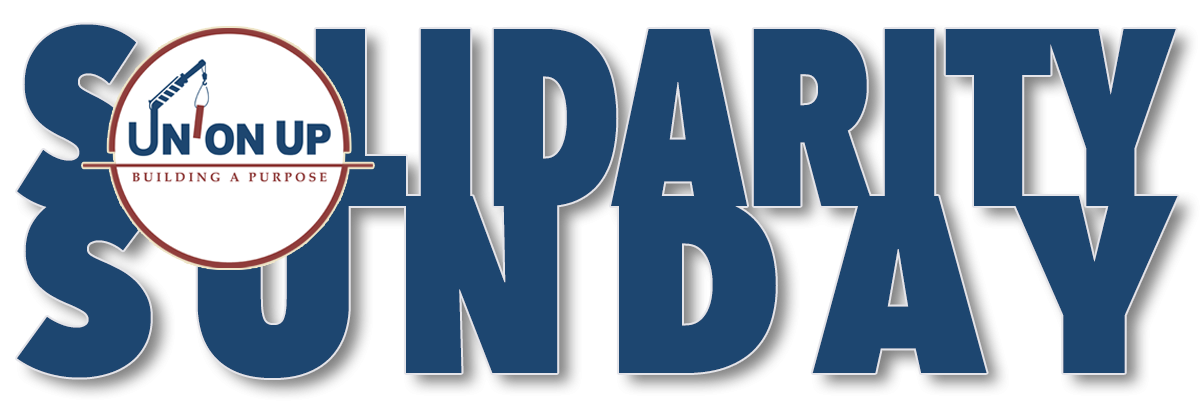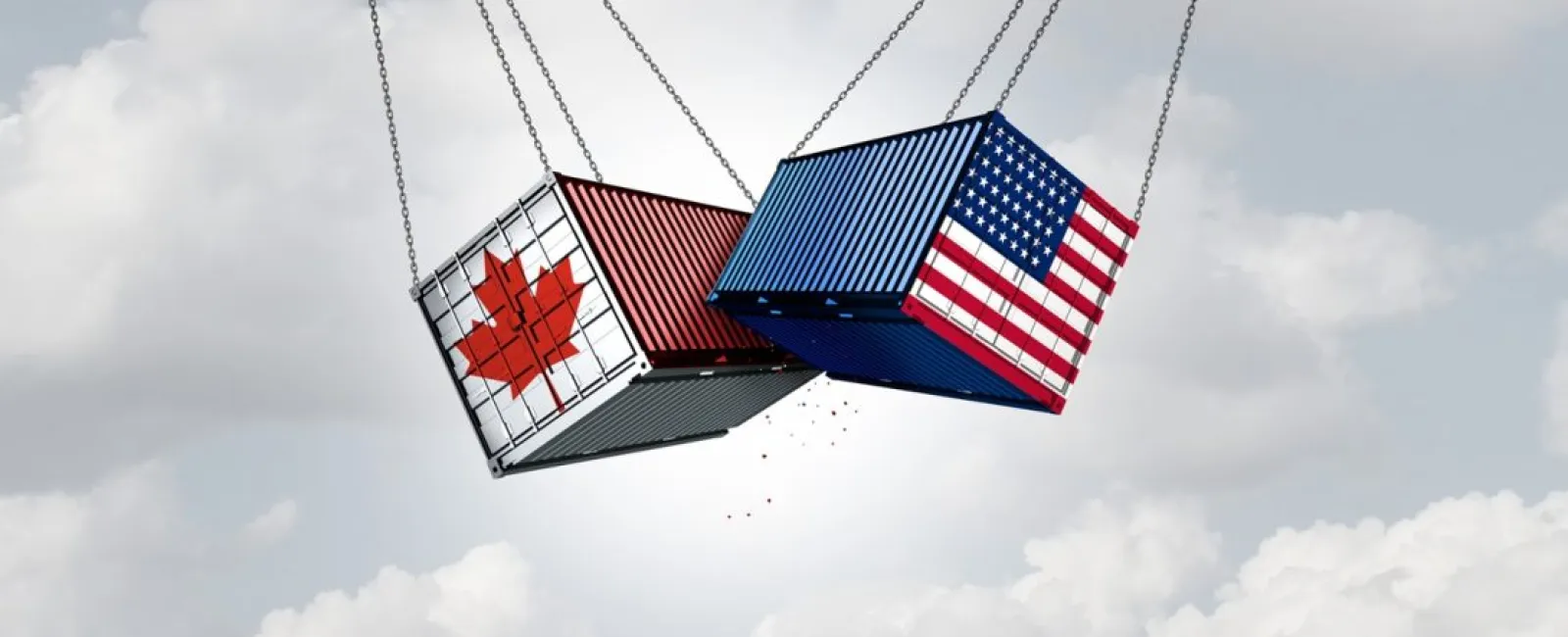
Solidarity Sunday: How Tariffs Have Affected Labor
So we've entered the Tariff era of the Trump administration's strategy and early returns, at least in terms of the stock market, are pretty grim. Many of you may have already seen NECA's statement issued last week endorsing the tariffs. Unifor and UAW are split, and the AFL-CIO's response has been ambivalent. Depending on what you read and who you follow, the effects will fall somewhere between plummeting the United States into a depression and the best thing to strengthen labor and the American economy long-term.
It's anyone's guess as to what's going to ultimately happen moving forward but I wanted to find out historically how tariffs have affected American workers, the labor movement, and the U.S. economy. Tariffs have been used by both Democrat and Republican presidents, and they haven't always aligned with their party's overall stance. There have been pro-Labor Democrats who've supported tariffs, anti-Labor Republicans who opposed them, and everything in between.
Here's what I found:
There have been 12 U.S. presidents in total who've implemented tariffs:
6 Democrats - Thomas Jefferson (1801-1809), James Madison (1809-1817), James Monroe (1817-1825), Andrew Jackson (1829-1837), Woodrow Wilson (1913-1921), Franklin D. Roosevelt (1933-1945)
5 Republicans - (Abraham Lincoln (1861-1865),William McKinley (1897-1901, Herbert Hoover (1929-1933),Richard Nixon (1969-1974), and Donald Trump (2017-2021)
1 No Party Affiliation (George Washington)
President Trump's current tariff policies bear closest resemblance to two historical U.S. tariff measures: President William McKinley's Tariff of 1890 and Herbert Hoover's Smoot-Hawley Tariff Act of 1930.
The McKinley Tariff, which raised tariff rates to the highest level in U.S. history at the time, were intended to protect American industries from foreign competition, particularly in manufacturing. While this helped industrialists, it also led to higher prices for consumers, which hurt working-class families. It was not well received by Americans who suffered a steep increase in consumer prices, particularly affecting those at middle and lower income levels. It also triggered retaliatory measures from other nations, resulting in reduced international trade. The economic strain contributed to a recession in 1893 and led to a resounding defeat of the Republican Party in the 1892 elections.
Generally considered the most disastrous tariff policy in US history, Herbert Hoover signed the Smoot-Hawley tariff act into law during the Great Depression to protect American jobs and industries. It backfired and led to retaliatory tariffs from other countries and worsening the global economic situation. Hoover himself was not a strong proponent of tariffs as a long-term economic strategy and regretted the impact it had. Although the tariff did not directly support trade unions, the resulting economic hardship led to increased demands for better wages and working conditions. This led to the New Deal and the expansion of labor rights under Franklin D. Roosevelt, as unions pushed for policies that would benefit workers in the face of rising unemployment.
I also tried to find research on the most 'successful tariffs' but I had to go all the way back to 1861 during Lincoln's presidency. Abraham Lincoln's administration used high tariffs to help fund the Civil War and to protect U.S. industries, particularly the emerging industrial sectors in the North. The tariffs protected industries like steel, textiles, and iron, which were key to the war effort, and they allowed these industries to grow, creating jobs and supporting the formation of unions. The benefits were more pronounced in the industrial North than in the agricultural South, where tariffs caused harm by raising the cost of goods. The industrial growth spurred by the tariffs contributed to the rise of labor unions in the North, which organized workers in the growing factories, mines, and railroads.
I don' t know what's going to happen with Trump's tariffs and I don't think anyone else does either. Our interests are always for what's best for the American worker and his or her family. Union Up's purpose is to help local unions grow membership by providing young people a debt-free pathway to the middle class and that will not change.

